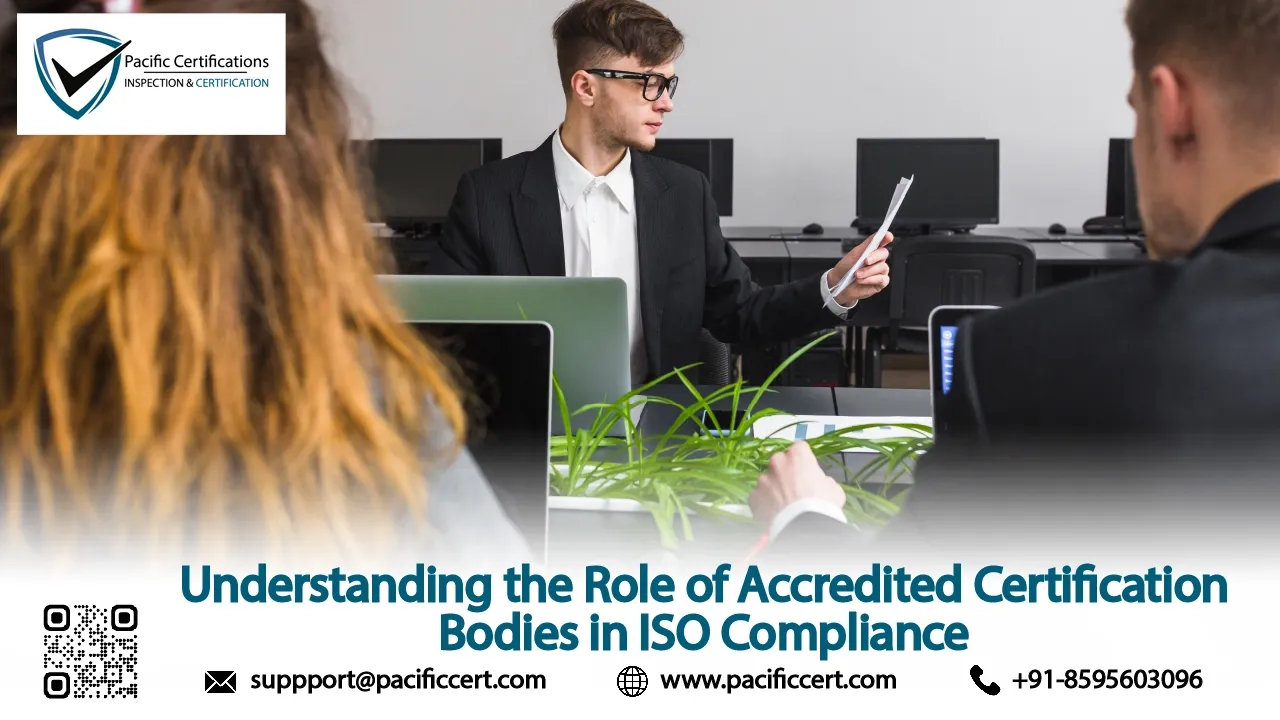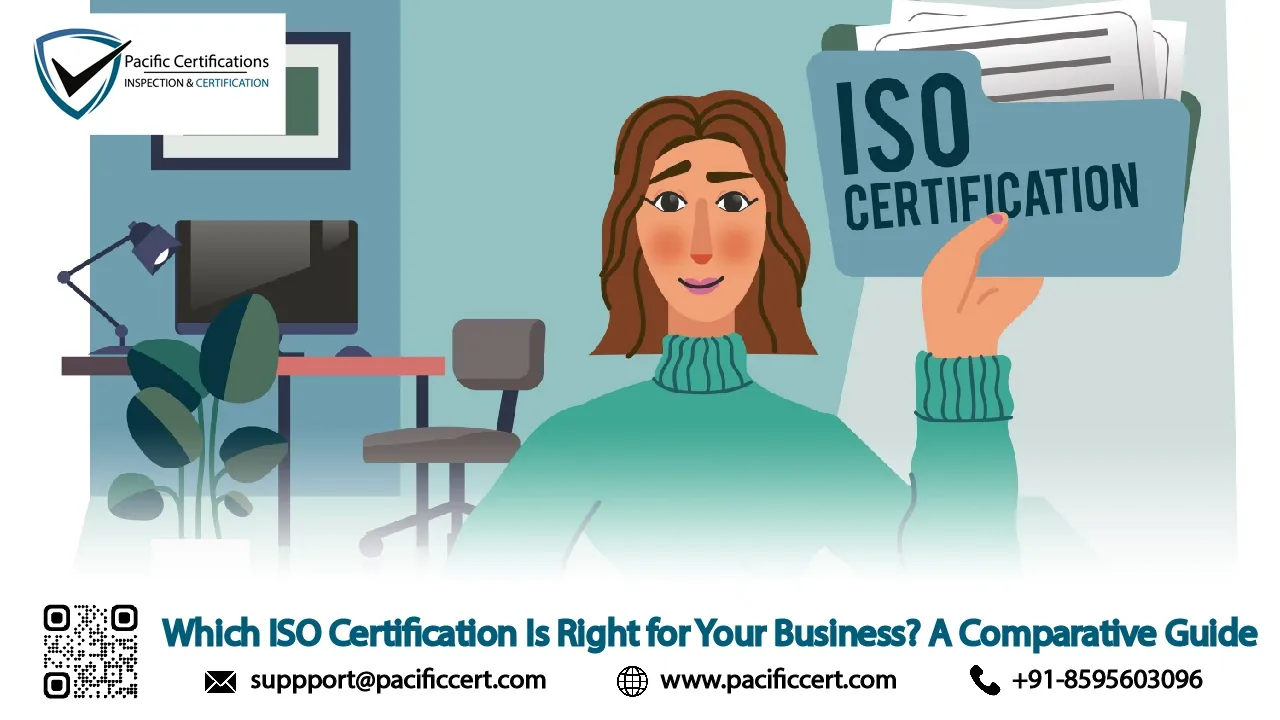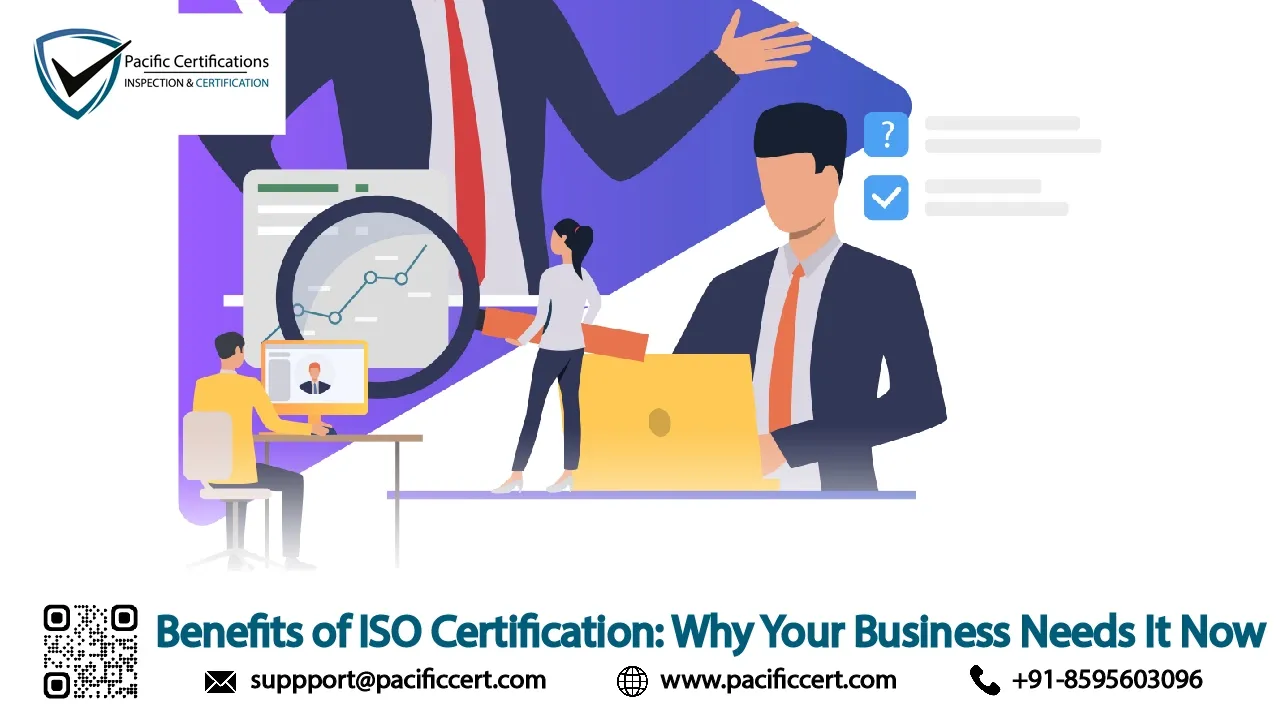
Introduction: The Role of ISO Certifications in Global Trade
Modern businesses operating within the worldwide economy pursue trust development alongside quality assurance and competitive advantages through international markets. Businesses achieve effective operational advantages by obtaining ISO certifications. Businesses obtain internationally accepted standards through ISO (International Organization for Standardization) certifications which establish quality standards along with safety measures and operational efficiency and trustworthiness. The following blog examines how obtaining ISO certifications simplifies worldwide trade by helping businesses access new markets and satisfy customers and establish global partnerships.
How Trust is build in Global Trade with the help of ISO certifications
Let’s be real—without trust, international business is basically a game of roulette. You’re rolling the dice every time you sign a deal with someone halfway across the globe. Nobody wants to end up with a container full of shoddy widgets or software that crashes on boot. That’s where ISO certifications swoop in like the Avengers of quality control. Doesn’t matter if you’re a factory boss in Ohio or a supplier chilling in Berlin—ISO’s like this secret handshake that tells everyone, “Yeah, we play by the same rules.” It cuts through the usual nonsense and reassures people you’re not going to skip corners or ship garbage. If you’ve got that certification, it’s like flashing a badge: “We got standards, folks. Relax.”
ISO 9001:2015 Quality Management System Certification
ISO 9001 is a globally recognized standard for quality management. It helps organizations of all sizes and sectors to improve their performance, meet customer expectations and demonstrate their commitment to quality. Its requirements define how to establish, implement, maintain, and continually improve a quality management system (QMS).
Implementing ISO 9001 means your organization has put in place effective processes and trained staff to deliver flawless products or services time after time.
ISO 14001:2015 Environmental Management Systems
ISO 14001 is the internationally recognized standard for environmental management systems (EMS). It provides a framework for organizations to design and implement an EMS, and continually improve their environmental performance. By adhering to this standard, organizations can ensure they are taking proactive measures to minimize their environmental footprint, comply with relevant legal requirements, and achieve their environmental objectives. The framework encompasses various aspects, from resource usage and waste management to monitoring environmental performance and involving stakeholders in environmental commitments
ISO 45001:2018 Occupational Health & Safety
ISO 45001 is an international standard that specifies requirements for an occupational health and safety (OH&S) management system. It provides a framework for organizations to manage risks and improve OH&S performance.
The standard establishes criteria for an OH&S policy, objectives, planning, implementation, operation, auditing and review. Key elements include leadership commitment, worker participation, hazard identification and risk assessment, legal and regulatory compliance, emergency planning, incident investigation and continual improvement.
ISO 27001:2022 Information Security Management Systems
ISO/IEC 27001 is the world's best-known standard for information security management systems (ISMS). It defines requirements an ISMS must meet.
The ISO/IEC 27001 standard provides companies of any size and from all sectors of activity with guidance for establishing, implementing, maintaining and continually improving an information security management system.
Conformity with ISO/IEC 27001 means that an organization or business has put in place a system to manage risks related to the security of data owned or handled by the company, and that this system respects all the best practices and principles enshrined in this International Standard.
ISO 50001:2018 Energy Management
ISO 50001 is based on the management system model of continual improvement also used for other well-known standards such as ISO 9001 or ISO 14001. This makes it easier for organizations to integrate energy management into their overall efforts to improve quality and environmental management.
ISO 50001 provides a framework of requirements for organizations to:
- Develop a policy for more efficient use of energy
- Fix targets and objectives to meet the policy
- Use data to better understand and make decisions about energy use
- Measure the results
- Review how well the policy works, and
- Continually improve energy management.
ISO 22000:2018 Food Safety Management
Whatever their size, or product, all food producers have a responsibility to manage the safety of their products and the well-being of their consumers. That’s why ISO 22000 exists.
The consequences of unsafe food can be serious. ISO’s food safety management standards help organizations identify and control food safety hazards, at the same time as working together with other ISO management standards, such as ISO 9001. Applicable to all types of producers, ISO 22000 provides a layer of reassurance within the global food supply chain, helping products cross borders and bringing people food that they can trust.
Enhancing Business Reputation and Credibility
Business Reputation and Credibility Improvement through ISO Certification Businesses that obtain ISO certifications receive the recognition and credibility necessary for success in worldwide markets. Organizations that obtain ISO certification gain recognition as quality-oriented entities which helps them establish strong connections with worldwide business partners. The achievement of ISO certification signifies your business meets international standards which results in enhanced brand reputation for startups and multinational corporations. The gained credibility through certification enables businesses to attract international partners who seek trustworthy quality assurance thereby giving them a competitive edge. The established reputation becomes essential in fields which require maximum safety and quality standards like food production and healthcare facilities and manufacturing operations.
ISO Certifications for Different Industries
ISO certifications cater to a wide range of industries, from manufacturing and healthcare to IT and food safety. Let’s explore some of the key ISO standards that can benefit businesses in specific sectors:
- Manufacturing: ISO 9001, ISO 14001, ISO 45001
- Food Industry: ISO 22000, ISO 50001
- Information Technology: ISO/IEC 27001, ISO 27018
- Healthcare: ISO 13485, ISO 14971
Each of these standards helps businesses meet industry-specific challenges and requirements, ultimately ensuring their global competitiveness.
How to Obtain ISO Certifications and Improve Global Trade
Alright, here’s how it goes down if you want to snag that shiny ISO certification badge:
· First off, you got to figure out where you’re slacking—yep, that’s the gap analysis. Basically, you stare your current mess in the face and see how it stacks up (or doesn’t) against what ISO wants. Spoiler: there’s usually work to do.
· Next up, roll up your sleeves and actually fix stuff. Policies, paperwork, whatever’s missing or broken—bring it up to speed. No shortcuts if you want that stamp.
· Then comes the fun part (and by fun, I mean slightly nerve-wracking): The audit. Some third-party folks come in, snoop around, and decide if you’re playing by the rules. If they’re happy, you’re golden.
· But hey, don’t get lazy once you’ve got the certificate. ISO isn’t a “set it and forget it” deal. You got to keep tweaking, improving, and making sure you don’t slide back into bad habits.
Honestly, having someone who’s been through the ringer—like an ISO pro—makes this whole circus way less painful. They know the ropes, and you’ll probably save yourself a headache (or ten) when it comes to international trade stuff.
Contact Us
If you’re ready to take your business to the next level with ISO certifications, Pacific Certifications is here to guide you through every step of the process. Whether you’re looking to enter new markets, enhance your business credibility, or ensure regulatory compliance, we offer tailored ISO certification services to meet your needs.
Get in touch with us today!
- Email: support@pacificcert.com
- Website: https://pacificcert.com
FAQ Section
1. What are the benefits of ISO certifications in global trade?
ISO certifications help businesses gain international credibility, meet regulatory requirements, and improve operational efficiency. This makes it easier to enter new markets and collaborate with global partners.
2. How do ISO certifications ensure compliance with international regulations?
ISO standards are internationally recognized, helping businesses align their operations with global regulations. Certification ensures that businesses meet the required quality, safety, and environmental standards necessary for trade in different countries.
3. What ISO certifications should a company consider for global trade?
The most common ISO certifications for global trade include ISO 9001 (Quality Management), ISO 14001 (Environmental Management), ISO 27001 (Information Security), and ISO 45001 (Health & Safety).
4. How long does it take to obtain an ISO certification?
The time required to obtain ISO certification can vary depending on the complexity of your business and the standard you are applying for. It typically takes a few months to prepare, implement changes, and complete the certification process.
Ready to get ISO certified?
Contact Pacific Certifications to begin your certification journey today!
Suggested Certifications –
Read more: Pacific Blogs



